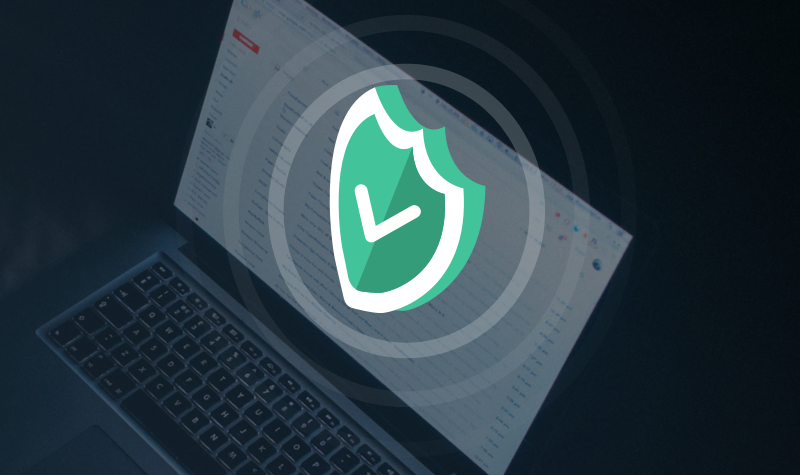
The Internet has provided us with many ways to shop, bank and interact with the world around us. At the same time, this evolution has also opened us up to new risks and new ways of being targeted by criminals. It’s easier than ever today for criminals to set up fake websites that may even mimic legitimate ones hoping that you’ll either enter personally identifiable information they can steal from you or share sensitive information with them.
In 2018 Cybercrime was valued at $1.5 trillion. That means there’s $1.5 trillion in fraud from online crimes and new age style con men who trick you into doing something that provides them with your details and therefore, your money.
In order to protect yourself and your personal information, you need to be aware of the new internet security trends as well as being aware that a website takes your safety seriously – but how can you tell? We’re here to help you work that out.
Is This Website Safe to Buy From?
We’ve all come across websites that sell goods a lot cheaper than we’ve ever seen before.
Ever seen a real iPad for $20? Nope, we haven’t either but that doesn’t go to say you won’t see these advertised online to try and make you wire money an offshore account in a bid to scam you. This also means that staring longingly at that low-res image on the pop-up ad is the closest you’ll ever get to actually owning the iPad.
So how can you tell if a website is safe to buy from? Safe and secure websites often make substantial investments in their customers security using things like trust seals and ratings and reviews.
One way of making sure you’re secure is by looking at the URL of the website, If it begins with “https” instead of “http” then it has an SSL Certificate that secures all of your data as it is passed from a browser to the website’s server. Also be sure to check the actual websites. Often fraudsters will create websites that look exactly like the real ones in a bid to trick you into purchasing. To avoid these kinds of attacks, always look at the domain of the site you are on. If you get an email from your bank or other online vendor, don’t click the link in the email. Type the domain into your browser to make sure you are connecting to the website where you intend to be.
You need to make sure you look out for signs that the company is real when you check to see if a site is safe. Do they have an address and phone number? A returns policy? Do they have a privacy statement? And are they’re prices realistic?
Shopping online can be extremely convenient and can make our lives a lot easier but falling victim to online scams or data theft is no fun thing. Make sure you keep your wits about you while shopping online every time you use a new website.
Can Opening a Link Give you a Virus?
In theory, yes. However if this link is included in an email which are essentially text or HTML web pages, just like opening a text file or web page in your browser, should be safe. Similarly, the links you receive in some mobile texts should also be safe, however it’s always better to be safe than sorry.
Some emails and mobile text messages may try to give you a virus you after you open them. They may contain malicious programs as attachments or have links to dangerous websites full of scams. You should only run trustworthy attachments – even if someone you trust sends you file attachment with a .exe file or another program file, you probably shouldn’t open it as they too may be compromised.
Clicking links should be safe, just as loading a website in your browser should be safe. However, if the link looks like it leads to a site packed with malware and scams, you probably shouldn’t click it. If you do click a link, don’t download or run any potentially dangerous files. You should also watch out for phishing – if you click a link in an email that appears to be from your bank and end up on a similar-looking website, it may not actually be your bank’s website, but a clever imposter.
As with everything on the web, you shouldn’t run programs that try to automatically download anything onto your computer after you click a link. It’s usually going to be bad news.
Check Website Reputation
Checking website reputations can also help you check if a website is safe. Often customers of specific websites will leave ratings and reviews of sites in order to inform and educate others. A prime example of this, is WoT. WoT checks every website before you visit it to let you know its safety and security rating. It’s powered by a 140 million strong community of global users, just like you who rate and review websites to let others know what’s safe and what’s not.
Once you download the browser extension, you’ll get warning alerts on sites that are unsafe and green signs on sites that are safe. You can also rate and review sites yourself and contribute to making the internet a safer place. WoT is also available on iOS and Android enabling you to stay safe on the go, and also from those links in text messages we mentioned earlier. You can read more about WoT here.
